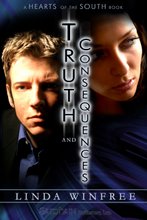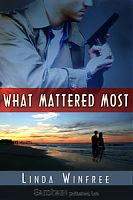Guess what I end up teaching? Every. Single. Year.
Yep.
The Scarlet Letter.
Halfway through, I want to pull out my hair, wondering why I bother. But chapters seventeen and eighteen? Sigh. The kids clue in. Things smooth out. And oh my, we get a glimpse of Hawthorne as a romantic writer. Not a Romanticist (hey, he is -- he's probably THE writer of the American Romantic movement . . .okay, okay, I know. People are going to come out of the woodwork and take me to task for that . . . but it's Hawthorne, people.) But a romance writer.
Now, don't pick up the Scarlet Letter expecting the happy ending found in today's romances. It doesn't have one. It has what I would call a satisfying denouement, but Hester and Dimmesdale do not live happily ever after. But when they are reunited after seven years apart? Oh. My. Goodness. The sparks do fly and Hester's passionate nature, repressed for those years, comes out in full force:
The Scarlet Letter By Nathaniel Hawthorne:
"
That . . . Hawthorne's incredible heroine, the way her love -- though buried -- never dies, her growth throughout the book . . . that is why I come back to the book year after year.
What about you? Any favorite classics which involve a love story? Do share!
















No comments:
Post a Comment